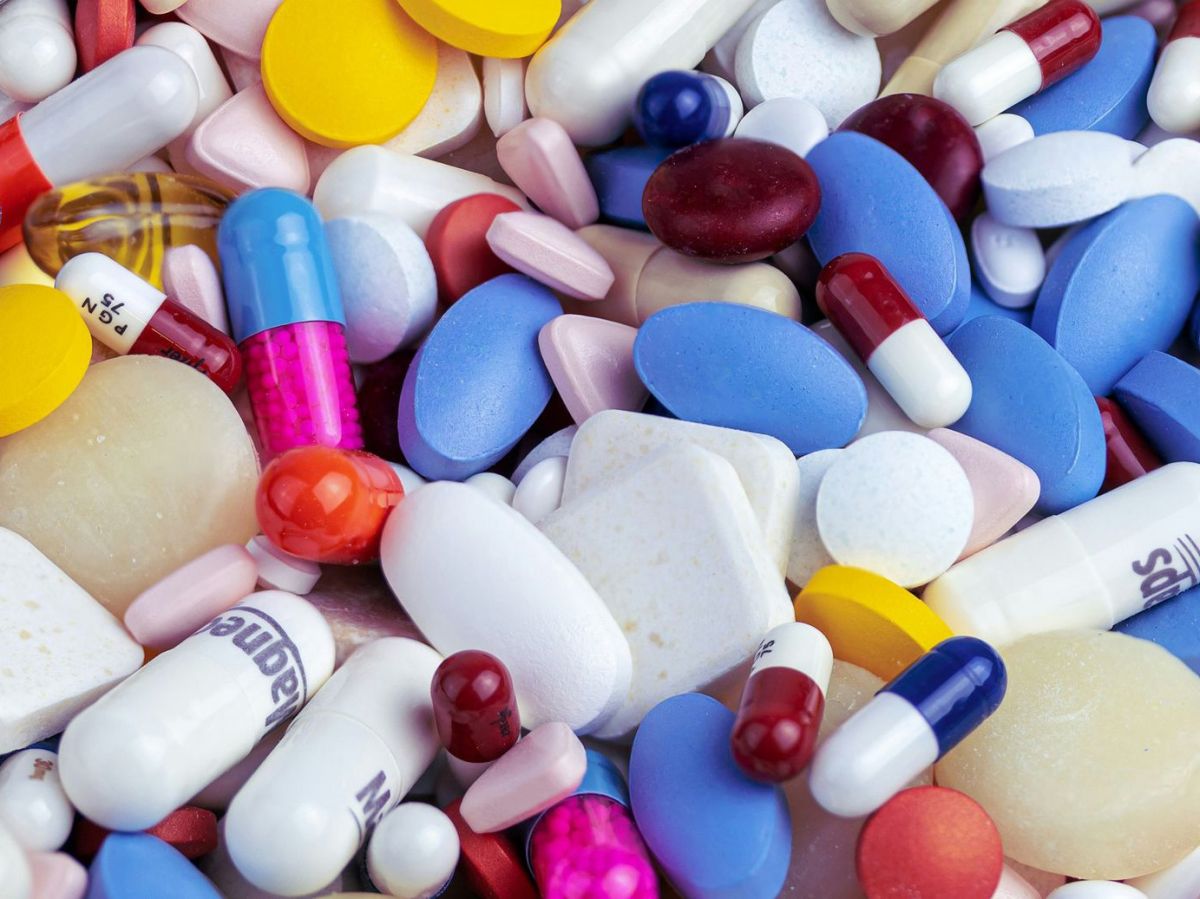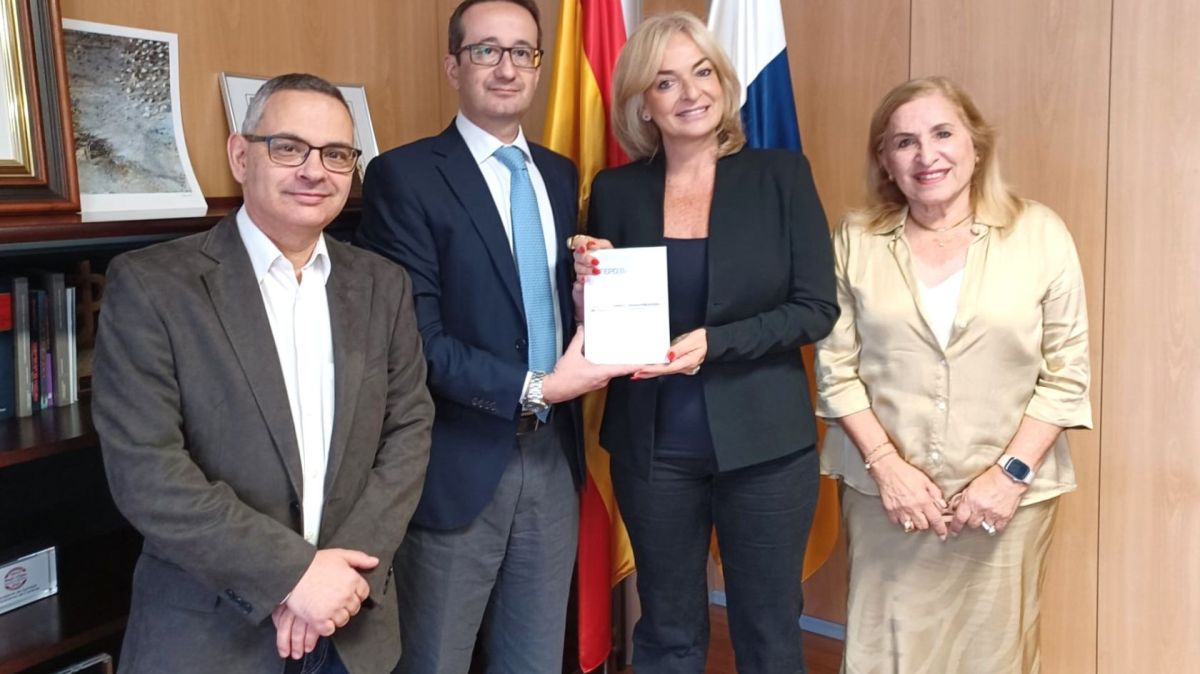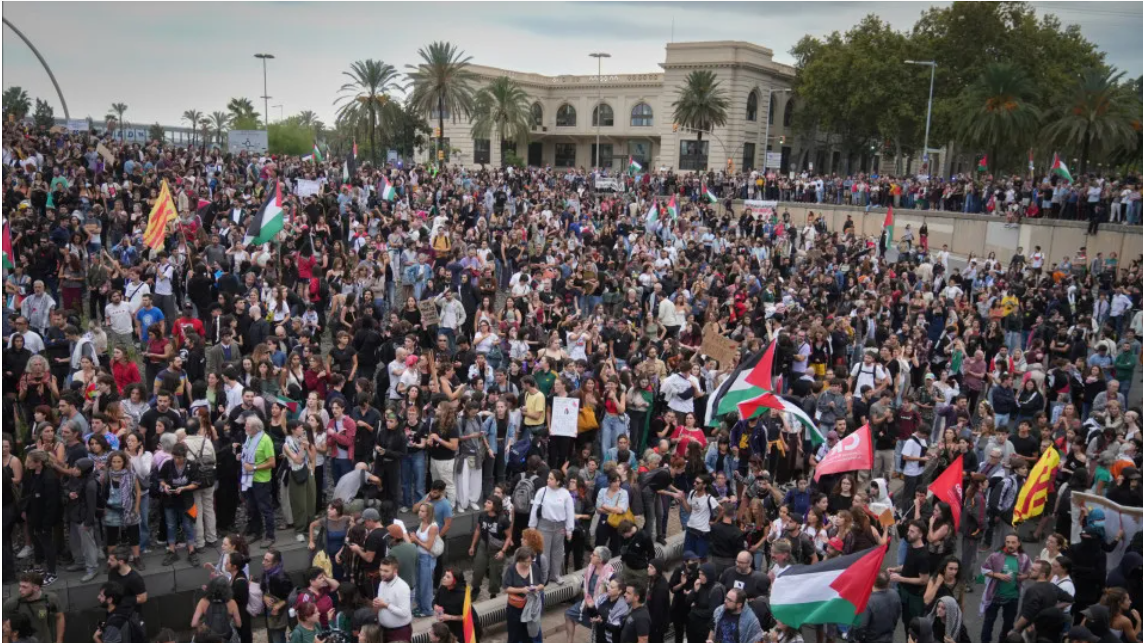The study, which involved the University of Granada (UGR), several hospitals and the General Directorate of Public Health of the Regional Government of Andalusia, certified the effectiveness of Nirsevimab against respiratory syncytial virus (RSV) in infants.
The study showed that although children who receive this drug can become infected with RSV and end up in hospital, the severity of clinical symptoms during hospitalisation is much less severe than that of children who do not receive the immunisation.
Mario Rivera, a researcher from the Department of Preventive Medicine and Public Health at the University of Granada (UGR), who is taking part in this study, explained that Nirsevimab is not a treatment, but a non-vaccine preventive measure based on the use of a monoclonal antibody with a long-lasting effect.
Some Spanish autonomous communities, such as Andalusia, have been pioneers in implementing this measure, which has prevented serious outcomes in children with this virus after hospitalisation.
The retrospective cohort study included 222 babies hospitalised with RSV in nine hospitals in all the provinces of Andalusia.
The scientists analysed the frequency of hospital outcomes, including babies requiring respiratory support, mechanical ventilation or ICU admission, among others, based on whether or not the children were immunised with Nirsevimab.
‘We observed that children immunised with the drug had less need for respiratory support and shorter hospital stays than children not immunised with Nirsevimab,’ Rivera added.
The data indicates that, although Nirsevimab is not infallible, it is beneficial for immunised children who require hospitalisation for RSV.
In 2023-2024, Spain became a pioneer in the use of this new medicine, using it systematically in babies in different communities, such as Andalusia, with coverage of 94 per cent of the population.
















